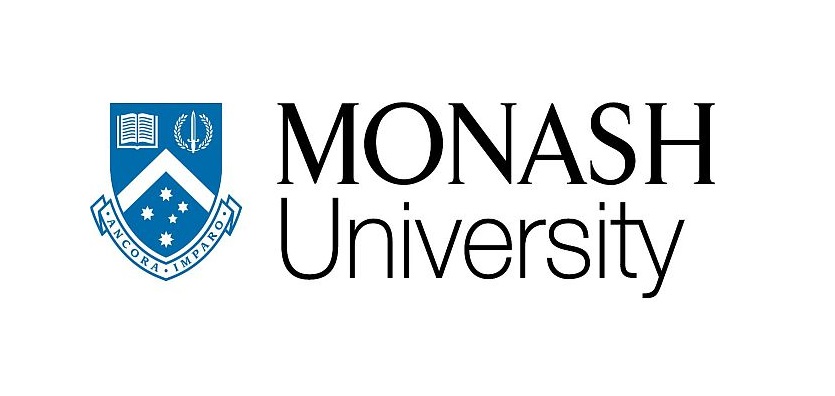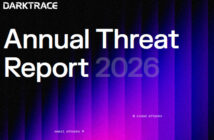
 Monash University IT experts have discovered what motivates activity deep within the darkest corners of the internet that could pull the plug on cyber criminals worldwide.
Monash University IT experts have discovered what motivates activity deep within the darkest corners of the internet that could pull the plug on cyber criminals worldwide.
With permission from the Australian Federal Police (AFP), Monash University IT researchers conducted an extensive crawl of the dark web to test a classification model to capture user behaviour and motivation that can be applied in law enforcement.
Researchers tested the motivation model using The Onion Router, (TOR), a free software application that enables anonymous communication online, to crawl through thousands of pages of content to classify what it is used for, and how much of it is illegal.
Results of the study, published in Digital Investigation, shine a light on the dark web highlighting the use of advanced technology giving law enforcement agencies new tools to find – and fight – illegal activity online.
For legal and ethical considerations, Monash Phd student Janis Dalins was appointed as a Federal Agent to lead the research. He emphasised the value between the two organisations working together.
“This collaboration creates the foundation for potentially game changing research in fields such as artificial intelligence in digital forensics and law enforcement”, Federal Agent Dalins said.
The unrestricted crawl of 200,000 sites showed that two thirds were illegal and unethical. Of the illegal sites identified, the majority were devoted to financial activity, such as bitcoin laundering. Other illegal sites included those related to drug commerce and trading of illicit materials such as child pornography.
Faculty of IT Dean, Professor Jon Whittle, said the research success in this area demonstrates IT in action focussed on solving real world problems.
“Advanced computer science techniques are enabling us to better understand and monitor the dark web. Our team at Monash are leading the way in this effort and having a real positive impact on community safety in conjunction with law enforcement agencies,” the Dean said.
Dr Campbell Wilson from Monash University’s Faculty of IT said through the work undertaken in this study, machine learning algorithms can be better trained to provide law enforcement with more powerful tools in their fight against online criminal activity.






